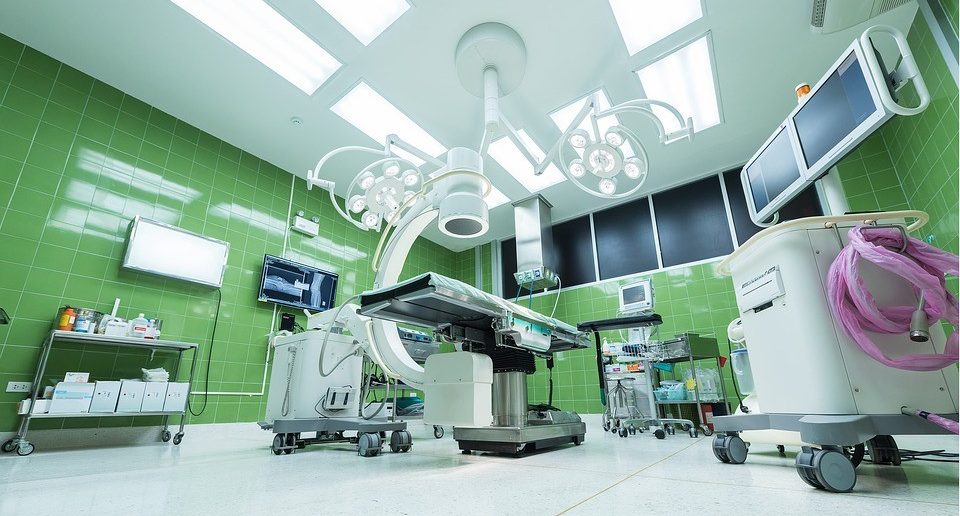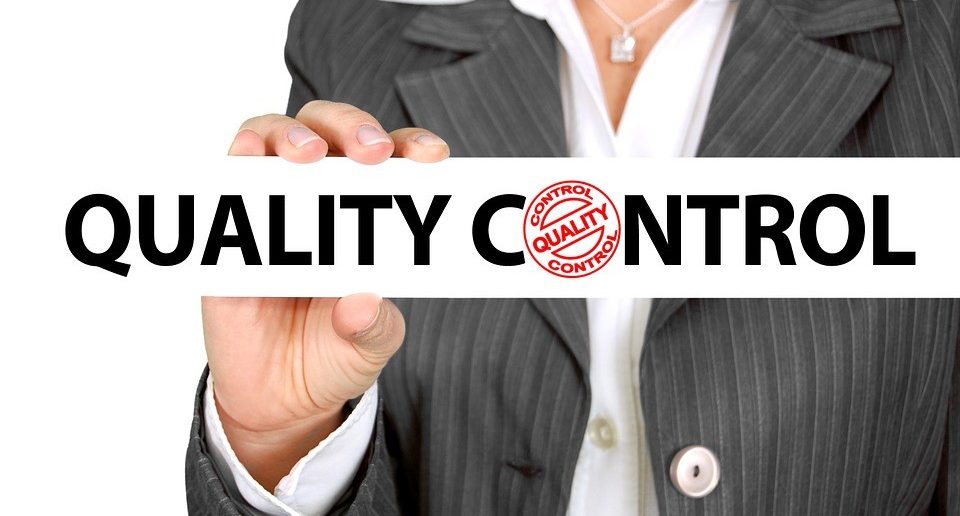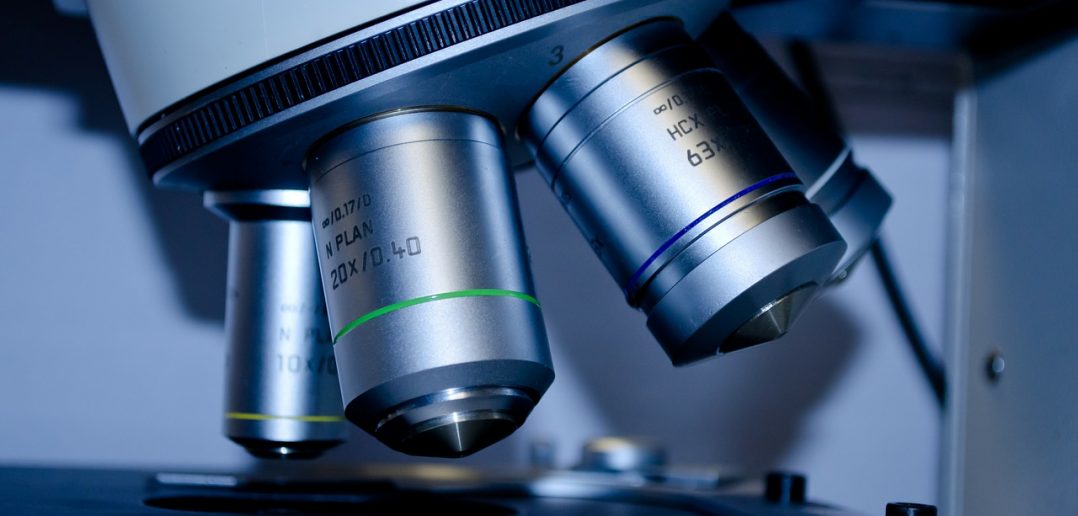Medical device companies face numerous challenges when it comes to achieving economies of scale. If you’re a medical device or instrument company, working with a reputable medical contract manufacturer ensures cost reductions and better supply chain management.

In today’s shifting market landscape, picking the right manufacturing partner for your device component manufacturing needs is critical in ensuring a reliable partnership. Here are tips to consider when choosing the best contract manufacturer (CM) for your business.
Relevant Technological Expertise
When choosing a medical contract manufacturer, you need to be sure that they have proven capabilities and specific expertise related to your component manufacturing requirements. Do some research on the medical devices, components or instruments they have commercialized, and get feedback or testimonials from their existing clients.
You need a proven manufacturer with extensive experience in specific technologies that your project requires: read more here about such a company. This assures you of a seamless development, design, manufacturing and testing process for your product.
Consider Medical Supply Chain Management
The cost of materials used in medical device and component manufacturing comprises a significant percentage of the finished product. This means that choosing a contract manufacturer with an established supply chains management process for the components and services needed for your project is critical.
You must carefully analyze the techniques that the medical contract manufacturer uses to manage their suppliers or vendors. Expect them to have the latest MRP systems in place, integrated with proven vendor quality control programs. Buying power is also critical to be sure they can procure quality materials you need at lower prices.
Expertise In Sustaining Engineering And Consulting
Work with a medical contract manufacturer with expertise in offering sustaining engineering and consulting for medical devices throughout every step of the production process. This process involves a wide range of skills and capabilities needed to ensure smooth supply of quality products for clients. Reliable sustaining engineering support should consist of:
- On-going quality improvement program.
- Design support and parts/components management.
- Post launch compliance support.
- Support for product repairs, field returns and feature upgrades.
- Support for field spares and maintenance kits.
Proven Quality Management System
With growing innovation concerns over the price cap on medical devices and other related med-tech instruments like RapID Lab, an Automated Lab Animal ID manufactures, it’s important to prioritize on the quality and safety of medical devices over pricing alone. Your manufacturing partner should have a robust quality management system.

Evaluate their track record of medical device component manufacturing with other companies as well as their compliance with industry requirements. It’s your duty to perform a quality system audit before engaging their services. Don’t just rely on an OEM’s certified quality system before agreeing to a partnership.
Pricing Models And Cost Of Finished Goods
Despite shifting trends in medical device manufacturing, cost remains a major drawback when it comes to partnering with device manufacturers. However, most CMs now use formula-based pricing models that provide clear estimates of the required raw materials, assembly costs, product tests, labor cost and the cost of the finished product.
It’s important to get accurate pricing models to determine your budget and clear any issues of cost uncertainty. Comparing prospective medical contract manufacturers based on these guidelines should help you get your project going on the right path.




